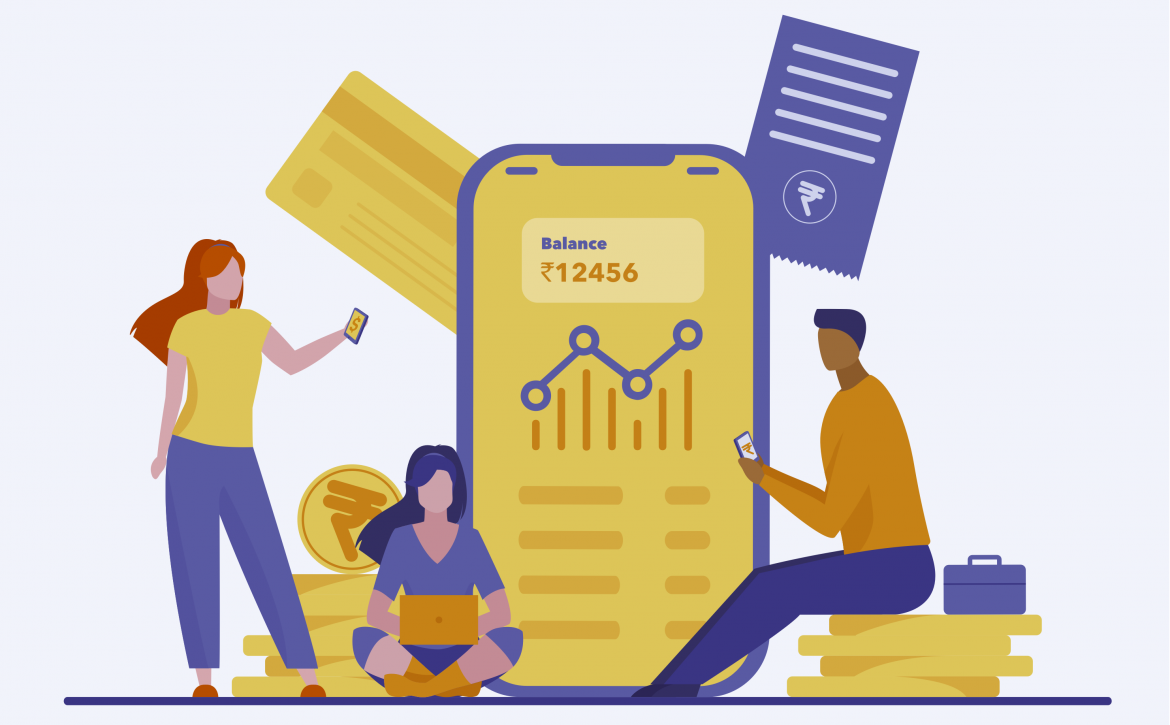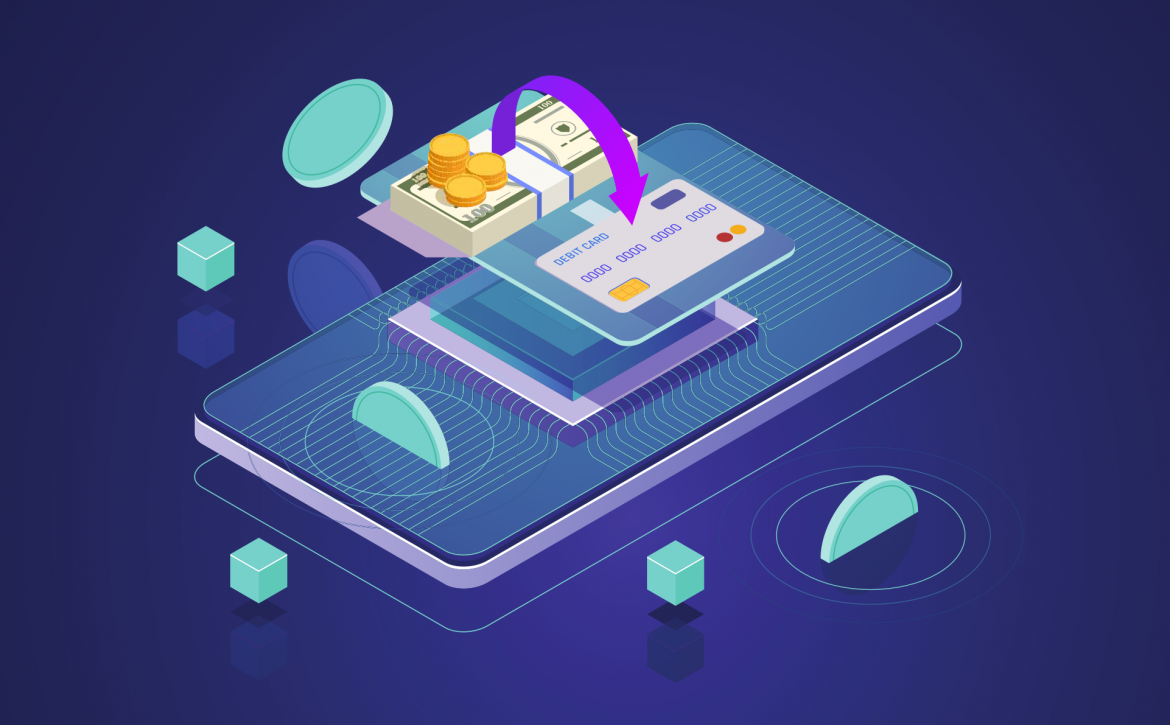Not so long ago, just before the COVID-19 happened, we couldn’t point to one event and call it a turning point in history, at least in most of our living memory. Such an outbreak at a global scale was quite uncalled for. In fact, nothing but the World Wars have altered the path of humanity as much as COVID-19 is threatening to do.
We are at crossroads today, with the government, on one hand, trying to contain the spread of the virus while also keeping the world’s economic engines from stalling. This reminds me of a legend from the Odyssey by Homer. It’s the tale of Heroes who were travelling, navigating and overcoming dangers along the way.
One such obstacle in their path put them quite literally a crossroads. And this particular obstruction jumps out because it is just as relevant to the world today as it was to those sailors onboard that mythical ship. Legend has it that when Odysseus was sailing along the Strait of Messina near Sicily, his ship came upon a passage fortified on two sides by two deadly fates. No ship had ever passed through the passageway without having its crew either devoured by the monster Scylla, that lived on a large rock on one side or being sucked into the strongest of ship crushing whirlpools on the other side, called Charybdis. The dilemma this put Odysseus in was this: to which fate does he submit his ship?
Does he avoid the large monster and risk the ship falling into the whirlpool, or does he stay safe from the tempestuous waters of the whirlpool, surrendering his companions, mates and maybe even himself to the Six-Headed beast?
Today we are in a situation no different from the dilemma of Odysseus onboard his ship, staring down our uncertain future, as he once did his. As the governments of the world try to avoid the monster that is the Coronavirus, they risk falling into the whirlpool of a contracting economy. Much like the ships before that of Odysseus, many countries have fallen prey to one or the other, and are now hobbling to the shore. But India sails on, still navigating the troubled waters just within the Coronavirus’ reach.
It has become nearly impossible to say if we’ll be able to go back to our now, past ways of life. This seismic shift in behaviour then shall entail a shift in our attitudes too. For the ones that have the opportunity to, we need to practice as much social distancing as we can. This might imply missing that get-together with friends that we have been craving for so long. It might mean maybe notching some skills in the kitchen so that we aren’t as dependent on online food delivery as before. Or maybe missing that IPL match we were so looking forward to seeing in the stadium. (Wait. Is the IPL still on?)
The uncertainty of the future forces us to be more careful in our actions today. This puts us in a situation of unprecedented confusion. There were interactions in our lives which were necessary to survive, which in this day have become a threat to our survival itself. So, where do we go from here? What of necessities the modern world had imposed on us that has now become unsustainable?
The simplest answer to that is; that we’ll have to find new ways to go about our interactions, which must take the physical aspect out of it. And in that, we are extremely fortunate that we stand at a point in history and many of us have the privilege to experience the developments in technology, that let us further our needs and wants without the express need to physically interact for the most part. This gives us the ability to phase out our ancient interactions. Today most of us can get our groceries without stepping out, we can read the best of books without going to a library, we can even get an education from a bright teacher on an equally brightly lit screen, and it is now possible to find love, or whatever we choose to call it, too, right there via a screen! It’s as if Odysseus suddenly had the power to fly his ship over the monster and turbulent waters. So, why not put this power to good use?
Maybe we still feel the need to go out and have dinner with people. Maybe we still feel like going out for a play, or a movie. Maybe we still wanna go out and kick about a ball with some friends. These are very human needs that we will experience and will have to overcome in the coming days, months and maybe years. But something like banking or dealing with government bureaucracy isn’t something that we are craving to get back to as soon as the lockdown is lifted. But they are the necessary interactions we have no real alternates too, at least currently. These interactions are necessary for a citizen to maintain their place in society. So, what do we do about these necessities of adulthood? How do we bank, without physically going to one? Wouldn’t it be useful if the bank could just come to us?
Well, the good news is, the time for such institutions is ripe. A wave of New Age Banks, or Neo banks as they are better known, is set to wash over us. These are no-branch banks which put all of our banking in our phones. They put together technology and banking to enable a much more agile and fluid experience of banking. We are perhaps lucky to be able to experience this banking revolution.
Because how much ever we try to keep the economy in top shape, the truth is that the COVID-19 virus has put a deep dent in the growth of all economies, which will in some shape of for affect us as individuals. So, to ease the pains of what’s about to come we need to make sure we are in a position to deal with all of it. We need to be smart with our money. We need to save and grow our assets to ensure we are well equipped to deal with anything that’s thrown at us. It’s time to shift to a new way of banking, one which provides us with better control and easier access to our assets. Saving, Investing and Insurance have become such an important part of our lives and our futures that, they might single-handedly define where we stand in a few years. It would thus, suit us to have everything in one place. It is this opportunity we have to affect change in the way the world has worked up until now.
So, maybe with the advent of Work From Home and the absence of travelling every day and an evening out every weekend, we can save and invest some more for a secure future. One where we come out of this crisis stronger and in better shape, in all manners of speaking, be it physically, mentally or financially. And as for Odysseus, he and his crew eventually did make it out to the other side, there were losses, but the ship eventually sailed to safety bringing them home to live and to fight another day.






